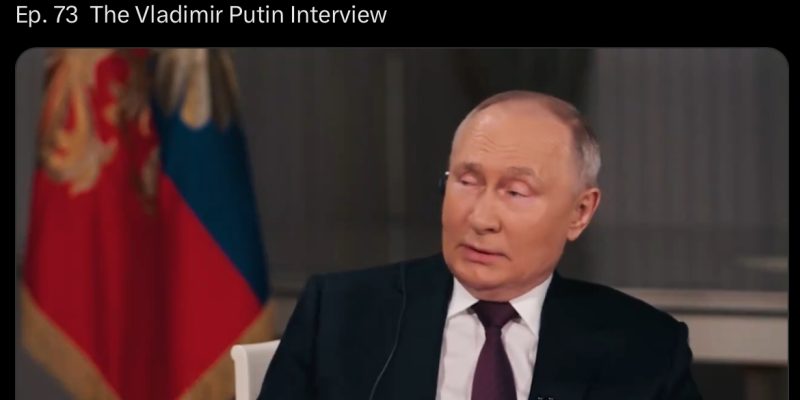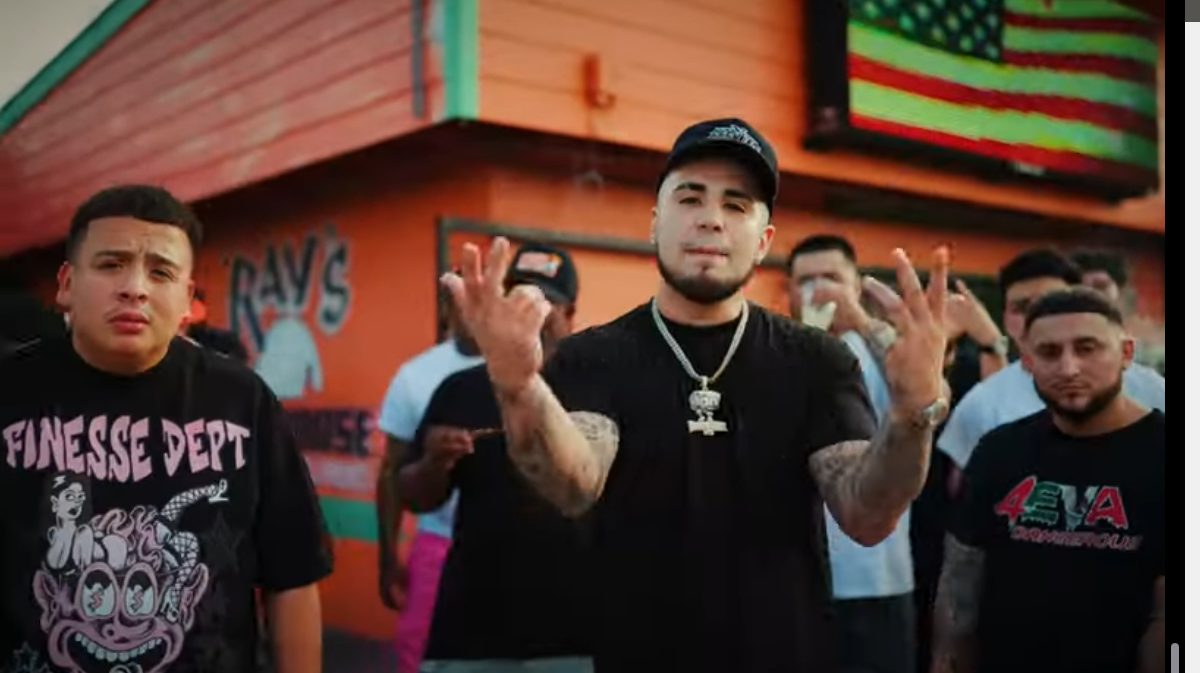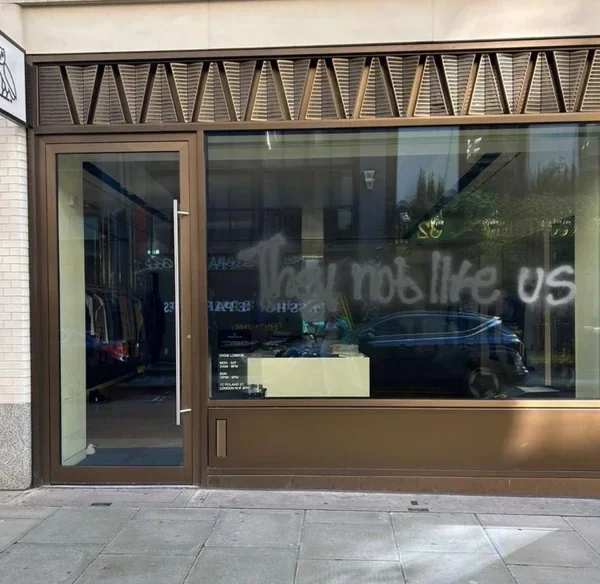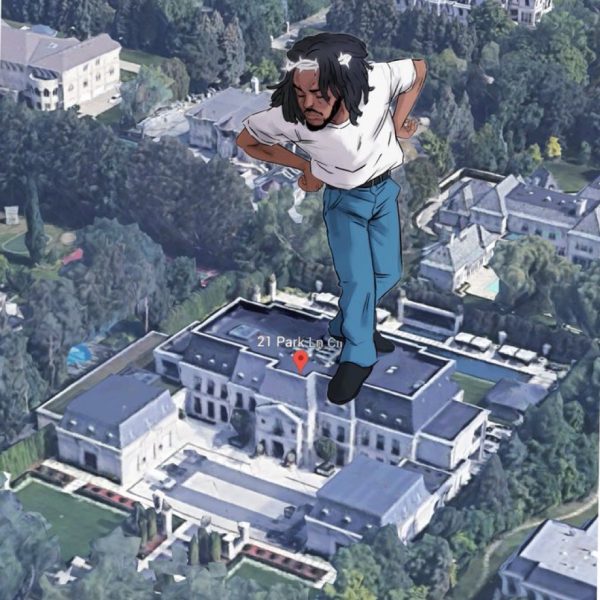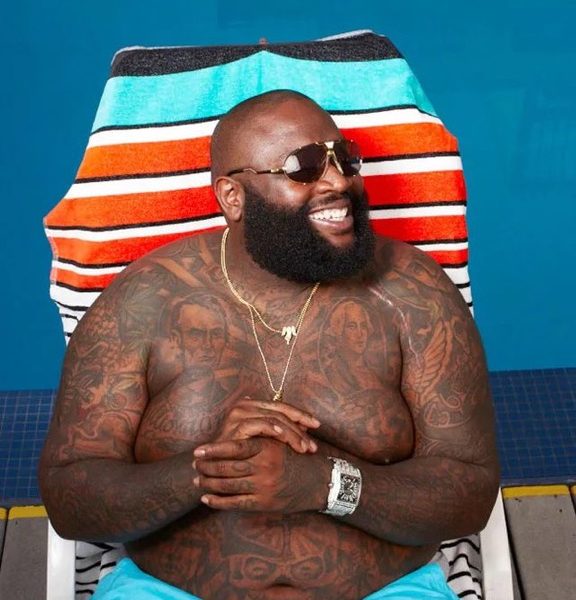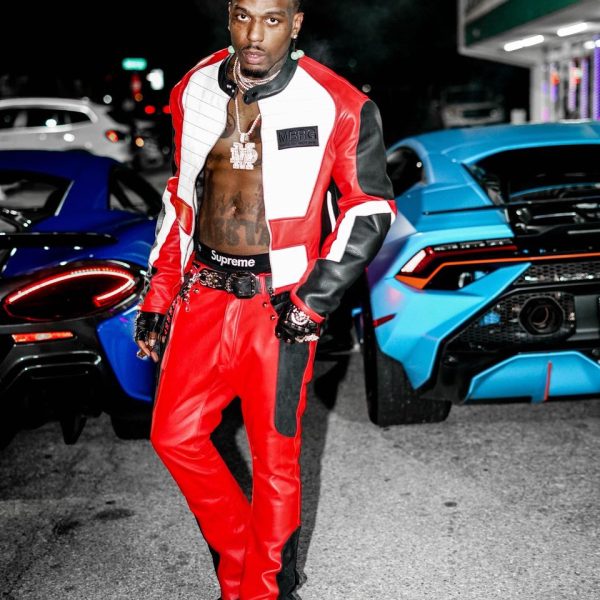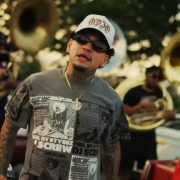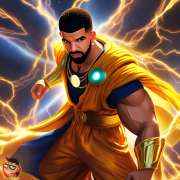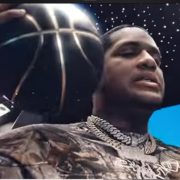Tucker Carlson’s Interview with Putin: A Propaganda Victory?
In a media landscape where the lines between journalism, entertainment, and propaganda often blur, Tucker Carlson’s interview with Russian President Vladimir Putin has ignited a firestorm of debate. Critics and supporters alike are left pondering: Did this high-profile exchange serve as a propaganda victory for Putin?
The interview, conducted by one of America’s most polarizing media figures, came at a time of heightened tensions between Russia and the West. Carlson, known for his conservative views and critique of mainstream media, approached the interview with a mix of curiosity and skepticism, a stance that resonates with his substantial viewer base.
From the outset, the interview was charged with geopolitical implications. Putin, a master of statecraft and media manipulation, saw an opportunity to present his narrative to an American audience largely through the lens of a sympathetic interviewer. The conversation touched on various issues, from international relations and human rights to accusations of election meddling and cyber warfare.
Propaganda Victory or Media Coup?
To assess whether the interview was a propaganda victory for Putin, one must consider the objectives of propaganda: to influence public opinion, promote a specific agenda, and shape the narrative in favor of the propagandist. By these measures, the interview provided Putin with a platform to advance his views, largely unchallenged, to an audience that might not typically hear them unfiltered.
Critics argue that the interview allowed Putin to deflect criticism, humanize his image, and present contentious policies in a favorable light. By engaging with Carlson, who often expresses skepticism toward U.S. foreign policy and mainstream media narratives, Putin leveraged the opportunity to sow division and cast doubt on widely accepted perspectives in the West.
On the other hand, supporters of the interview contend that it offered valuable insights into the mindset of one of the world’s most influential leaders. They argue that exposing viewers to different viewpoints, even those of adversarial figures, is essential for a healthy democracy. From this perspective, the interview was less a propaganda victory and more a media coup, breaking the mold of traditional diplomatic discourse.
The true measure of the interview’s impact lies in its effect on public opinion. While hard data is elusive, the polarized response suggests that the interview reinforced existing beliefs rather than changing minds. For some, Putin’s appearance affirmed suspicions of his authoritarian tendencies and manipulative strategies. For others, it offered a rare glimpse of a leader demonized by mainstream narratives, challenging the status quo of international reporting.
The question of whether Tucker Carlson’s interview with Vladimir Putin served as a propaganda victory for the Russian leader is complex, with no clear-cut answer. While it undoubtedly provided Putin with a platform to promote his agenda, the broader implications for public opinion and international relations remain ambiguous. What is clear, however, is that in the age of global media, the power of the interview as a tool of diplomacy and propaganda cannot be underestimated. As the world becomes increasingly interconnected, the battle for hearts and minds will continue to play out across our screens, with interviews like Carlson’s with Putin marking the front lines of this ongoing struggle.
WATCH THIS VIDEO ON X PUTIN INTERVIEW

